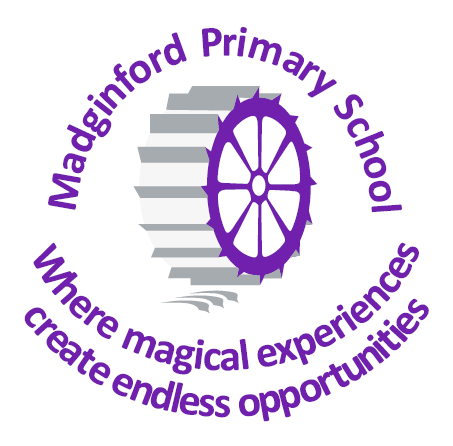P.H.S.E
P.S.H.E Education (Personal, Social, Health and Economic Education) teaches children the knowledge, understanding and skills they need to successfully manage their lives – now and in the future. It develops the qualities and attributes pupils need to thrive as individuals, family members and members of society and to lead confident, healthy and independent lives. Navigating our complex world can be challenging, and P.S.H.E plays an essential role in preparing children for the future.
P.S.H.E offers an opportunity to improve children's satisfaction with their school life and well-being by providing children with an understanding of mental health and well-being issues and guidance on where to seek help.
What do schools have to teach in P.S.H.E Education?
According to the National Curriculum, every school needs to have a broad and balanced curriculum that:
- Promotes the spiritual, moral, social, cultural, mental and physical development of pupils at the school;
- Prepares pupils at the school for the opportunities, responsibilities and experiences of later life;
- Promotes British values.
As of September 2020, primary schools in England also need to teach Relationships and Health Education as compulsory subjects and the Department for Education strongly recommends this should also include age-appropriate Sex Education.
Schools also have statutory responsibilities to safeguard their pupils (Keeping Children Safe in Education, DfE, 2019) and to uphold the Equality Act (2010).
The Jigsaw Programme, which we use to structure our teaching of P.S.H.E at Madginford, supports all of these commitments.
What is Jigsaw, the mindful approach to P.S.H.E, and how does it work?
Jigsaw is a whole-school approach and embodies a positive philosophy and creative teaching and learning activities to nurture children’s development as compassionate and well-rounded human beings as well as building their capacity to learn.
Jigsaw has two main aims for all children:
- To build their capacity for learning
- To equip them for life
Jigsaw brings together P.S.H.E Education, compulsory Relationships and Health Education, emotional literacy, mindfulness, social skills and spiritual development. It is designed as a whole school approach, with all year groups working on the same theme (puzzle) at the same time at their own level. There are six puzzles (half-term units of work) and each year group is taught one lesson per week. All lessons are delivered in an age- and stage-appropriate way so that they meet children’s needs. Each puzzle starts with an introductory assembly, generating a whole school focus for adults and children alike.
Our Jigsaw sessions are made up of seven different parts:
- The Jigsaw Charter which helps us to feel safe and respected.
- ‘Connect Us’ where we play games to feel more connected to our peers.
- ‘Calm Me’ helps us to feel relaxed and ready to learn. We use the Jigsaw Chime to help us with this.
- ‘Open my Mind’ will focus our thoughts on the lesson topic.
- ‘Tell Me or Show Me’ is when you will be taught new skills and information.
- ‘Let Me Learn’ is where you will have a chance to put these into practice.
- ‘Help Me Reflect’ is when we will be able to think about our learning and progress. We use our ‘My Jigsaw Learning’ pieces to support us with this.
The six puzzle pieces that we cover throughout the year are:
- Being Me in My World
- Celebrating Difference
- Dreams & Goals
- Healthy Me
- Relationships
- Changing Me
At Madginford Primary School, we work alongside parents to make sure the subject is delivered in an age- and stage- appropriate way. Regular meetings have been held so that parents have the opportunity to discuss lesson content with P.S.H.E subject leaders.
